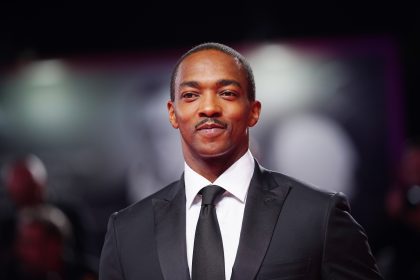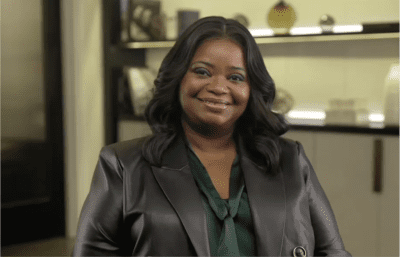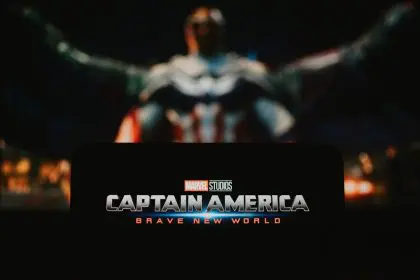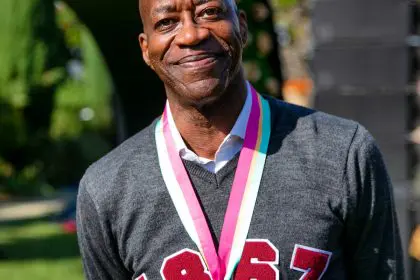Black or White is the story of a widower (Kevin Costner) who, after the death of his wife, finds himself in a custody battle over his 8-year-old granddaughter (newcomer Jillian Estelle.) On the other side of the battle is the child’s grandmother, played by Oscar winner Octavia Spencer, who wants the girl to be returned to the custody of her father. As the title suggests, this film is about race, family and relationships; but star Anthony Mackie, who plays Spencer’s brother and lawyer, says that it would be a mistake to only see the film as an examination of racial issues.
“I think once you get into this story and the wheels start rolling, I think it’s so far beyond the idea of racial divide,” Mackie tells rolling out. “When you look at Octavia’s character and Kevin’s character, in no way shape or form do they make it about race and say that one isn’t good enough because of their race. Everyone in this movie is doing what they can for the betterment of this little girl. I think if you buy into that, everyone who’s a parent, you [will] get that. You look at your children and you want them to have the best opportunities. You want your children to be put in a position where they can only succeed.”
Mackie’s comments on race have generated criticism lately; and the actor says that much of what’s wrong with culture in this country is that we pass down our “isms” to our children.
“We’re already tainted with the bulls— of the world; the racism, the sexism, the homophobia,” he explains. “But children are blank slates. We have to make it our jobs to not corrupt them with the BS that people have filtered into us over our lifetimes. Racism is a very addictive drug. It’s easy to label things as racist or to shut people down and cut them off as racist. The more interesting conversation is really understanding and having that person explain why did they do what they did. So that we can try and understand. I think understanding comes with communication and communication comes with conversation; and conversation — the most important element of it — is listening. And right now, we’re in a phase as a country and as a people where we don’t listen to the other person. The great thing about this movie that I love so much, if you really get into it — you get to hear the White perspective, you get to hear the Black perspective, and then you get to understand and see how your perspective fits into that. Not all Black people are good and not all White people are bad.”
Despite believing that Black or White isn’t just a story about race, Mackie also says that he thinks this movie can actually be a window into the racial conversation going forward. According to Mackie, it’s time to show films that address this issue with an eye toward hopefulness and optimism in regard to what can be done.
“I think with this movie, what’s really beautiful is you have movies like Selma, you have movies like 12 Years a Slave, that deal with the past,” he states. “That’s very important to know what happened, what our ancestors and what our parents went through to get us to this point. A movie like this deals with the future; and I think it’s just as important to know how we’re going to take that information that we’ve learned and move it into the next generation.”
And he believes that part of the conversation hasn’t happened as much as he feels it needs to. Anthony Mackie sees it all as a part of the process.
“Now, we’re all bred and raised a certain way. We’ve all had certain b.s. put into us. The question we have to ask ourselves: are we going to take the homophobia, racism and sexism that we’ve been taught and we’ve learned — are we going to pass that on to our children? Or are we going to let that become extinct and let our children grow up and paint their own slate instead of imposing our views on them?
“I don’t think any dialogue is more important than any other dialogue.”
















